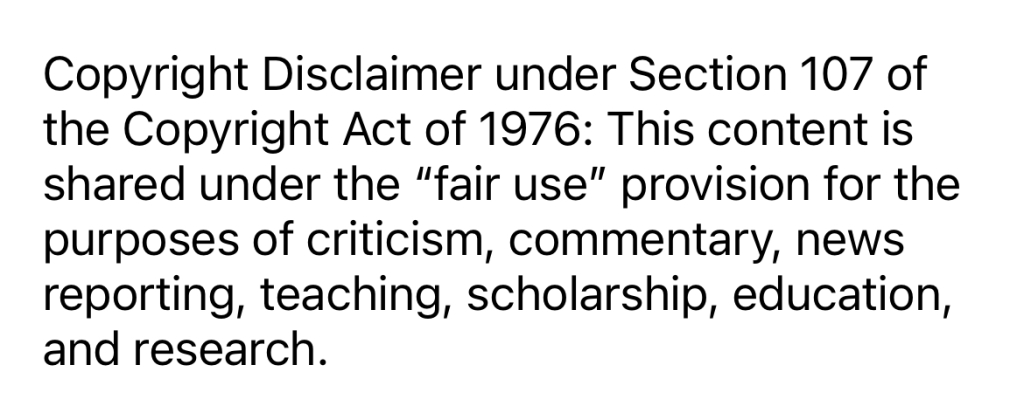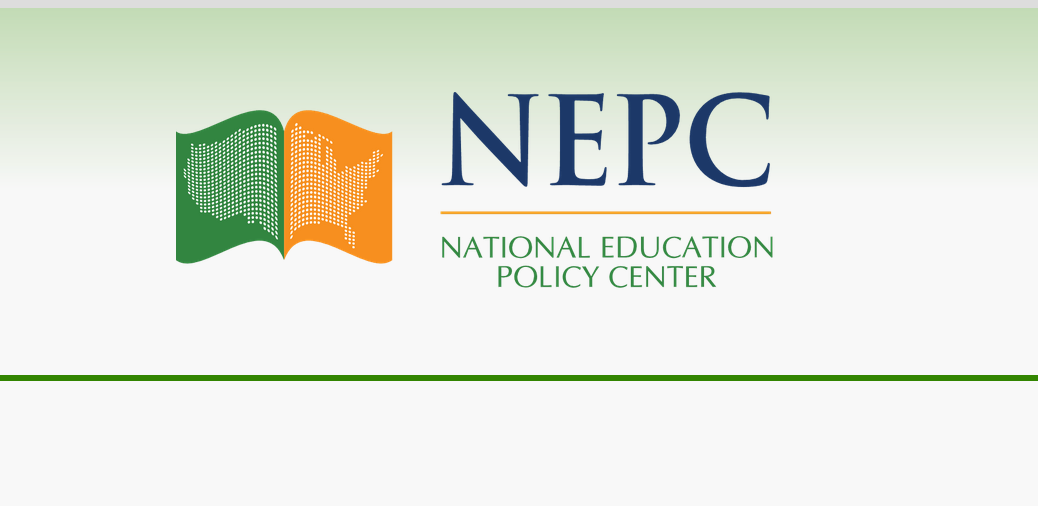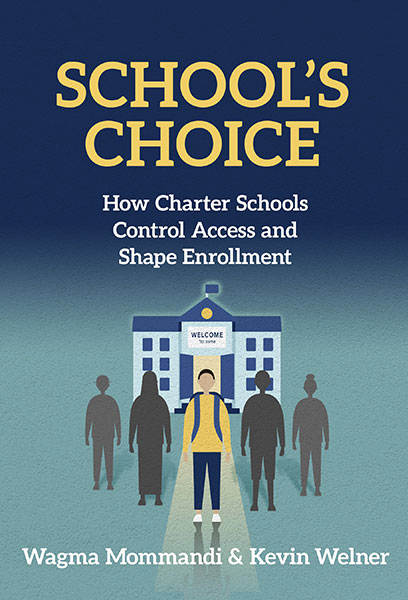During my first 18 years as an educator, I was a high school English teacher in rural South Carolina, my hometown in fact. I never imagined doing anything else, but I did attain my doctorate in 1998, still planning to be Dr. Thomas, high school teacher, for my entire career.
It is 2022, and I just completed 20 years in higher education, where I am a full professor in education and (fortunately) also teach first-year and upper-level writing. This fall I am taking my first ever sabbatical.
However, if anything, my scholarly schedule is more packed than at any time in my career. If you are interested in my work, I invite you to join me at the following presentations/keynotes and/or look for my upcoming publications.
Fall 2022 through Winter 2023 Schedule
Publications
How to End the Reading War and Serve the Literacy Needs of All Students (2nd Ed)(2nd Edition) – IAP – [first edition]
Thomas, P.L. (2022). The Science of Reading movement: The never-ending debate and the need for a different approach to reading instruction. Boulder, CO: National Education Policy Center. Retrieved [date] from http://nepc.colorado.edu/publication/science-of-reading
A Critical Examination of Grade Retention as Reading Policy (white paper)
P.L. Thomas, Education, Furman University (Greenville, SC)
Prepared for the Ohio Education Association in response to Ohio’s “Third Grade Reading Guarantee”
September 15, 2022
[Download as PDF and supporting PP]
Presentations/Keynotes, Podcasts, Webinars
UPDATE (Supplement for Presentations below)
Update: Science of Reading Movement (PP) 2 February 2023
2022
Great Lakes Center for Education Research & Practice
September 28, 2022
Webinar
Science of Reading Policy Brief (NEPC)
Pioneer Valley Books
October 20, 2022 – 4:00 – 5:00 pm
Webinar (view online)
PowerPoint HERE
Unpacking Reading Science to Inform a Different Path to Literacy
The “Science of Reading” movement that began in 2018 has gained momentum and has had outsized influence on state reading policy and classroom practice. However, the SoR movement presents two negative impacts on long-term literacy education—a commitment to the “simple view” of reading (SVR) and mandates for phonics-first instruction for all beginning readers. In this webinar, Paul Thomas, Ed.D. (Professor of Education, Furman University, and author of How to End the Reading War and Serve the Literacy Needs of All Students) places the SoR movement in the context of the robust but complex current state of reading science. Come join us on October 20, 2022, at 4 p.m. as we explore what’s next in literacy education.
Ohio Education Association
Education Matters podcast; grade retention
November 10, 2022
University of Arkansas
October 24 at 6:30
The Jones Center for Families
Serving the Literacy Needs of All Students: While Resisting Another Reading War
30th annual Reading Recovery Council of Michigan Institute, Thursday, November 17, 2022, Somerset Inn, Troy, Michigan
Keynote
The “Science of Reading” Multiverse (click for PP)
Before anyone can, or should, answer “Do you support/reject the ‘science of reading’?” we must first clarify exactly what the term means. I detail the three ways the phrase currently exists since it entered mainstream media during 2018. “Science of reading” as discourse, as marketing, and as a research base.
Break-out Session
How to Navigate Social Media (and RL) Debates about the “Science of Reading” (click for PP)
Let me start with a caveat: Don’t debate “science of reading” advocates on social media. However, if you enter into a social media or real-life debate, you must keep your focus on informing others who may read or hear that debate, and be prepared with credible and compelling evidence.
NCTE 2022, November 17 – 20, 2022, Anaheim, CA
Friday November 18, 2022
Event Title: Banned in the USA: Lighting a Fire for Reading and Not to Books (click for PP)
Cowards, Censorship, and Collateral Damage: The Other Reading War (click for PP)
Type: Roundtable Sessions
Time: 12:30 PM PST – 1:45 PM PST
Location: 264-BC
Consulting: Charleston County School District
Reading programs, “science of reading,” and potential PD for faculty and administrators
November 21, 2022
Schoolutions podcast
December 20, 2022
2023
2023 Comprehensive Literacy and Reading Recovery Conference, Chicago, IL, January 18-20, 2023
Keynote – 8:00 – 9:00 CT January 20, 2023
Teaching Literacy in a Time of Science of Reading and Censorship
The key elements of the science of reading (SOR) movement as well as the current move the ban books and censor curriculum are outlined against historical and research-based contexts. The unique challenges facing literacy educators iden/fied with considera/on of how literacy teachers can maintain professional autonomy in the classroom and prac/ce ac/vism in pursuit of a more nuanced understanding of “science” and research as well as in support of academic freedom.
90-minute breakout sessions
Academic Freedom Isn’t Free: Teachers as Activists – 9:15 – 10:45 CT January 20, 2023
The US is experiencing one of the most significant waves of book bans and educational gag orders impacting academic freedom, access to diverse voices and history, and the safety of teachers and students. Teachers are historically required to be apolitical and avoid advocacy in and out of the classroom. This session examines the politics of calling for no politics among educators, and explore with participants both the need to advocate for their professional autonomy and academic freedom as well as for academic freedom.
Unpacking the “Science” in the Science of Reading for a Different Approach to Policy and Practice – 11:30 – 1:00 CT January 20, 2023
The science of reading (SOR) movement and the use of the “science of reading” in marketing literacy programs have had a significant impact on reading policy and practice across the US since 2018. Policy and practice related to dyslexia, adopting reading programs, teaching reading (and the role of phonics instruction), however, have too often been guided by a misleading and overly simplistic version of SOR portrayed in the media and advocated by parents and politicians. This session examines the contradictions between claims made by SOR advocates and the current research base.
LitCon 2023, January 28 – 31, Columbus, OH
Rethinking Reading Policy in the Science of Reading Era
Sunday, January 29, 2023, 3:00 pm – 4:00 pm ET
Monday, January 30, 2023, 4:00 pm – 5:00 pm ET
Since 2018, states have been revising or adopting new reading legislation prompted by the science of reading movement. Placed in the context of several reading crises over the last 100 years, however, this movement is deja vu all over again, destined to fail and be replaced by another reading crisis in the near future. This session explains why and offers a new approach to reading policy at the state, district, and school levels.
Book signing: How to End the Reading War and Serve the Literacy Needs of All Students (2nd Ed)
Monday, January 30, from 8:00 – 8:30 am
WSRA 2023 Conference, Milwaukee, WI, February 9-11, 2023
PROGRAM
Thursday, February 9, 11:15-12:30 B01
Creating Worlds of Possibility: Closing Our Opportunity Gaps Through Recognizing the Sciences of Literacy and Learning
Expert Panel Discussion with Dr. Annalee Good, Dr. Lara Handsfield, Dr. Carol Lee, Dr. Paul Thomas, Dr. Don Vu
Thursday, February 9, 2:00-3:15 C08
Banning Books Is Un-American
The U.S. is experiencing a wave of book censorship and educational gag orders. This session examines the historical context of censorship as it impacts the teaching of literacy and literature by focusing on writer Kurt Vonnegut’s response to censors. The session will include powerful policy and position statements supporting the rights of teachers to teach and students to learn, including The Students’ Right to Read (NCTE), Freedom to Teach: Statement against Banning Books (NCTE), and Educators’ Right and Responsibilities to Engage in Antiracist Teaching (NCTE). Participants will have an opportunity to discuss and explore how and why educators must and can seek ways to defend academic freedom and thew right to teach and learn.
Friday, February 10, 9:45-11:00 A10
The “Science of Reading” Multiverse
Since early 2018, the phrase “science of reading” has entered and often dominated media, public/parental, and political discourse around the teaching and learning of reading in the U.S. Before anyone can, or should, answer “Do you support/reject the ‘science of reading’?” we must first clarify exactly what the term means; therefore, in this session, then, I want to detail the three ways the phrase currently exists since it entered mainstream use in the media during 2018. The session will cover the research base around the SoR movement for context. Participants will be invited to discuss their experiences with these three versions as well.
PSLA Conference 2023, February 23-25, 2023
Marriott Hilton Head Resort and Spa, Hilton Head Island, South Carolina
Friday, February 24, 2023, 8:00 – 9:00
Invited Speaker: Rethinking Reading Science: Beyond the Simple View of Reading, Paul Thomas
Focusing on reading science published since 2018 addressing reading, dyslexia, and phonics, this session details a complex but robust state of reading science. Media and think-tank messaging parents, political leaders, and the public are receiving about the “science of reading” are oversimplified, cherry-picked, and contradictory to that current state of reading science. Classroom teachers deserve the autonomy to interrogate reading science, understand the individual needs of all their students, and then the teaching and learning conditions to serve those students with evidence-based practice.
Saturday, February 25, 2023, 10:15 -11:15
Panel: Carving a Path Forward: Equity, Neuroscience, Policy Mandates and Literacy Education
The Politics of Teaching Reading, Paul Thomas






















